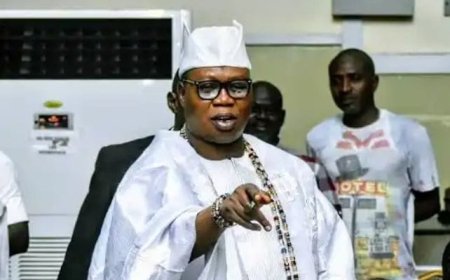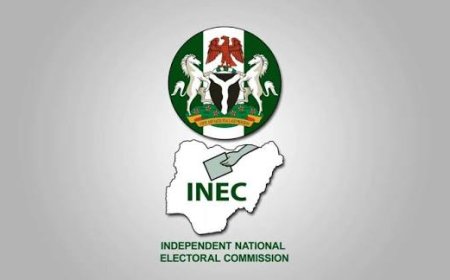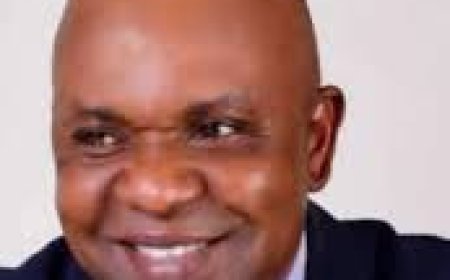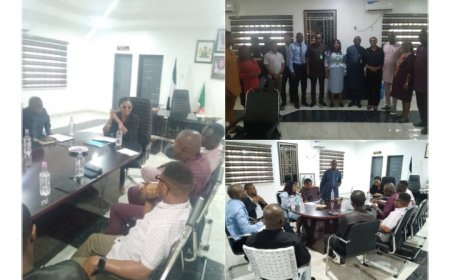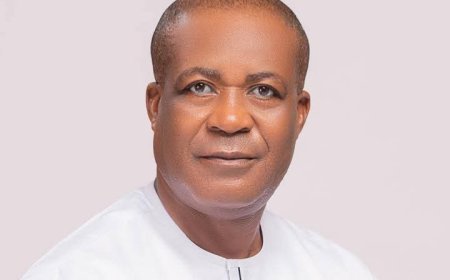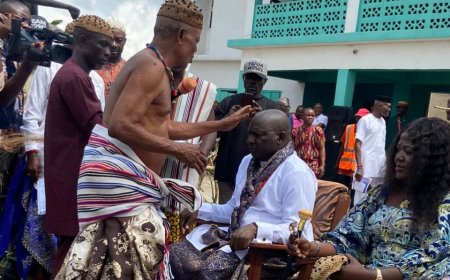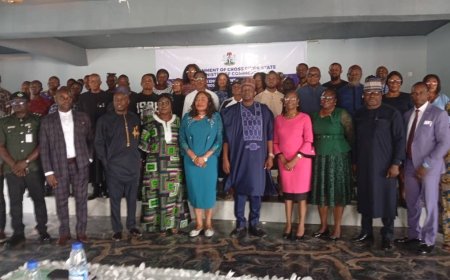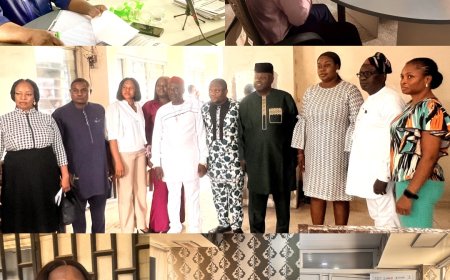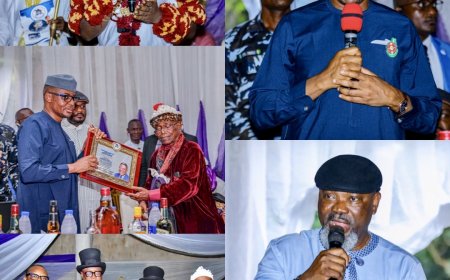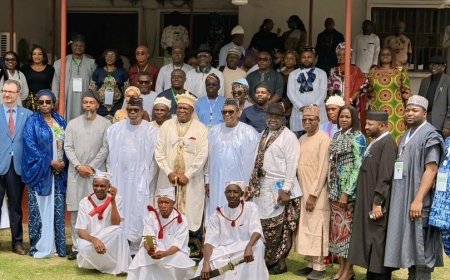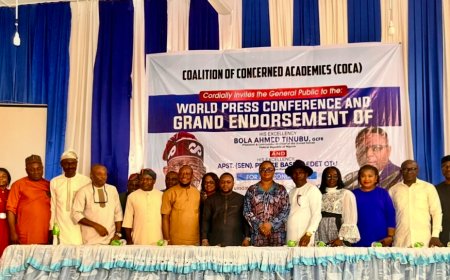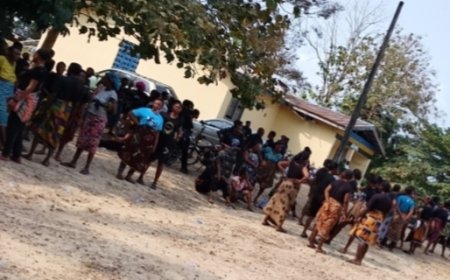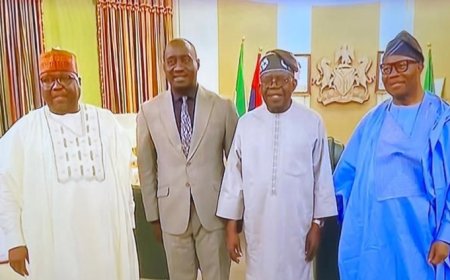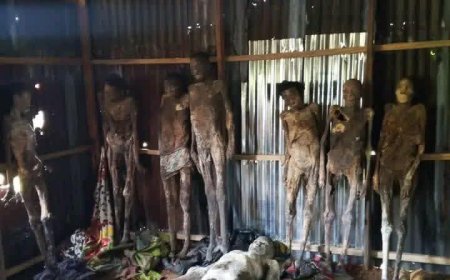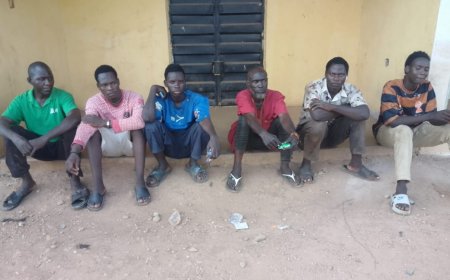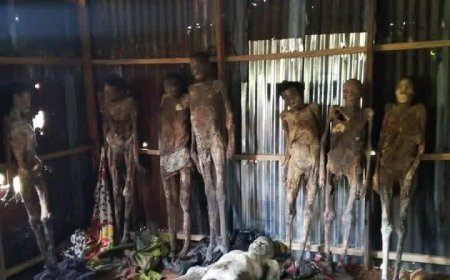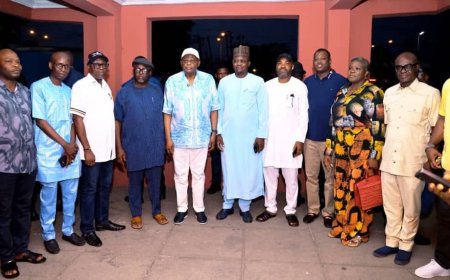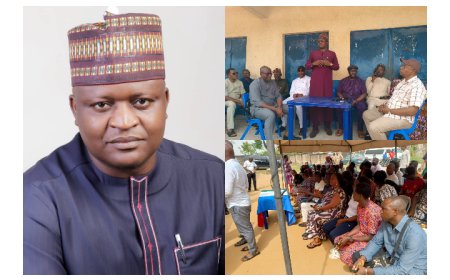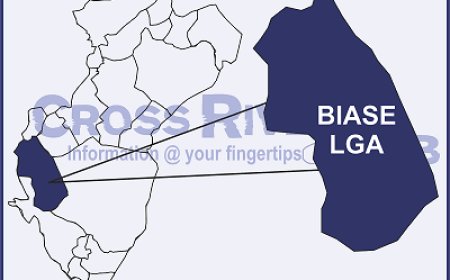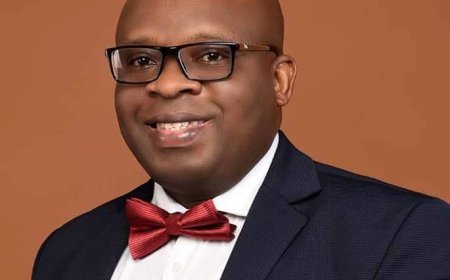ACCE 2025 Confab: Setting Agenda for Indigenous Based Academic Curriculum
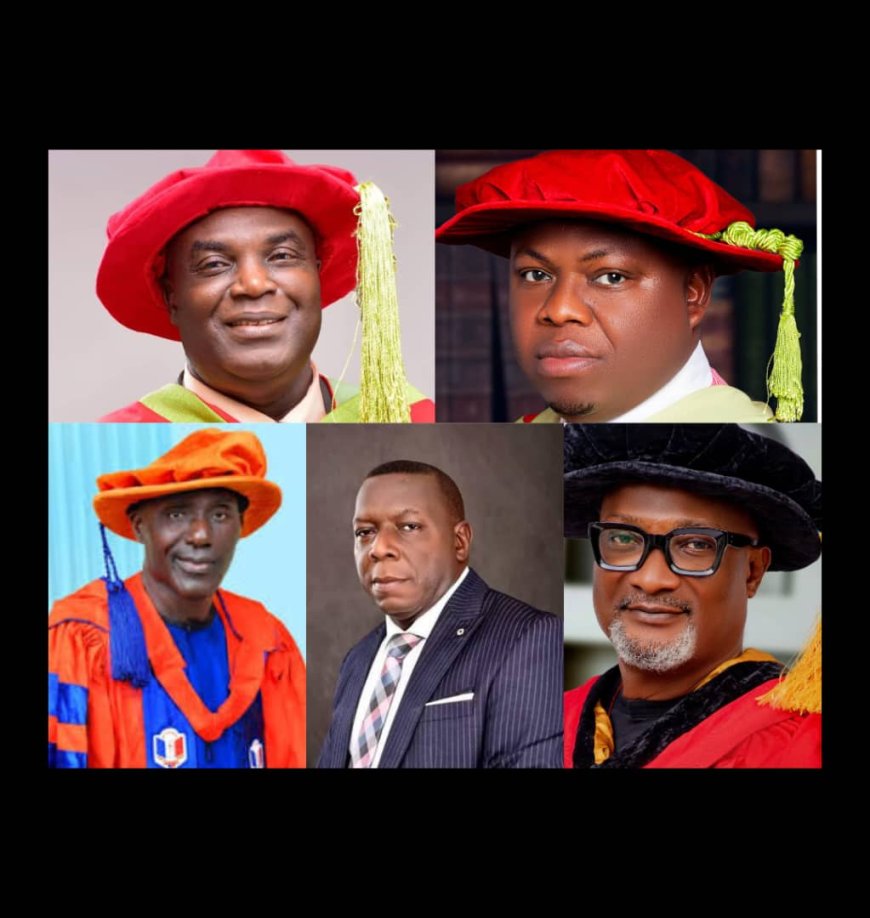
By Isaac AQUA
The 26th Annual International Conference of the African Council for Communication Education ACCE held in Calabar has renewed calls for Nigeria to overhaul its education system and adopt a curriculum rooted in indigenous knowledge and African realities.
With the theme “Communication and Indigenous Knowledge Systems in the Era of AI, Big Data and Cultural Transformation,” the conference brought together scholars, policymakers, education administrators and communication experts to examine how African knowledge systems can be repositioned at the centre of teaching, research and development.
Declaring the conference open on behalf of Governor Bassey Otu, the Commissioner for Education, Professor Stephen Odey, described the theme as apt and timely, noting that it serves as a catalyst to reawaken the consciousness of Africans in general and Nigerians in particular to their rich indigenous knowledge which can be amplified through emerging technologies to preserve culture and heritage.
According to him, the conference aligns with the state government’s ongoing efforts to review the academic curriculum for primary and secondary schools to integrate local dialect,historical values and indigenous knowledge systems.
“The conference is timely and we are privileged to host it. It is coming at a time when the state government has set machinery in motion to review the academic curriculum for our primary and secondary education sector to incorporate our languages , historical value system and knowledge,” he said.
“Our aim is to ensure that our rich historical affinities, customs, culture, values and norms are integrated into the curriculum using ICT as a driving tool. We cannot allow our indigenous knowledge systems to slip away under our watch. The resolutions from this conference will be of immense importance to us as we drive the review process.”
ACCE National President, Professor Abdullahi Bashir, noted that Africa can no longer continue training students with curricula disconnected from cultural foundations. He lamented that Nigeria’s communication scholarship still leans heavily on Western theories at the expense of traditional African knowledge systems, a trend that weakens original African thought and problem solving.
Professor Bashir said indigenous communication models such as storytelling, proverbs, folklore, traditional conflict resolution systems and native languages hold valuable lessons for modern communication. He warned that without infusion of African values into digital technologies such as AI and Big Data, the continent risks cultural erasure in the digital age.
He cited countries such as China, India and Japan which grew by embedding cultural values in their educational and development systems. He argued that Africa must adopt a similar approach if it intends to compete globally.
In his remarks, Dr Lawrence Ekwok, Head of the Department of Mass Communication, University of Calabar, said hosting the ACCE conference has further projected the institution on the global academic map.
“We are grateful to God for the grace to successfully host this conference despite several challenges. We appreciate the Vice Chancellor, Professor Florence Obi, and the entire management for their support and keen interest, which has culminated in the transformation of the Department of Mass Communication into the Faculty of Communication and Media Studies,” he stated.
Dr Ekwok said the theme underscores the urgency of deploying modern technology to preserve and transmit indigenous knowledge to future generations.
The conference received nearly 200 academic papers exploring indigenous knowledge, African folklore, AI, local journalism models, community based communication systems and digital culture preservation.
Scholars agreed that communication training must expose students to African media theories, indigenous conflict resolution methods, town crier communication models, community gatekeeping and oral literature to build culturally intelligent graduates.
Reacting to the outcomes of the conference, a Professor of Brand and Strategic Communication and Head, Department of Public Relations and Advertising, Delta State University, Abraka, Presley Obukoadata described the confab as timely and strategic for communication scholarship in Nigeria.
He said ACCE has placed the right issues on the table, stressing that immediate implementation is now required.
“ACCE 2025 has put the right issues on the table. Now the challenge is operationalising the resolutions. We must translate the conference insights into revised course outlines, new research agendas and apprenticeship models that connect students to community knowledge holders,” he said.
Henrietta Otonnah of the Nigerian Maritime University, Okerenkoko, commended the emphasis on ICT driven curriculum review, noting that the conference presents an opportunity to make indigenous knowledge relevant to contemporary global realities.
“The ACCE conference highlights that preservation is not passive. We must actively digitise oral traditions, catalogue community practices and design pedagogy that allows learners to use technology to keep culture alive,” she said.
Professor Stanislaus Iyorza, Professor of Media Change and Development Communication, said the conference must lead to a people centred reform of the curriculum. He stressed that communities must be co creators of the new syllabus.
“If the curriculum is to be truly indigenous based, communities must not only be consulted, they must be authors. The conference has made the case for participatory design. Now universities and policy makers must convene community assemblies to co design learning materials and assessment methods,” he said.
Participants called on the National Universities Commission to support curriculum reforms across communication, arts and social science programmes and to establish centres for indigenous knowledge research. They also urged government to support documentation, preservation and digitisation of African cultural heritage materials.
As the conference ended, a shared sentiment prevailed among scholars: ACCE 2025 may mark a turning point in Africa’s quest to move from borrowed knowledge to homegrown learning rooted in cultural identity. They agreed that education reform must go hand in hand with cultural renaissance if Nigeria is to build future generations who know their origins, value their culture and apply indigenous knowledge to solve problems.
The ACCE 2025 conference has set the tone for a renewed educational direction, placing indigenous knowledge at the centre of curriculum reform. Whether this historic gathering becomes a catalyst for measurable change will depend on how swiftly stakeholders act on its resolutions. If the ideas shared translate into policy and teaching practice, the Calabar meeting will be credited as the platform that set the agenda for an indigenous based curriculum capable of reshaping Africa’s intellectual future.
